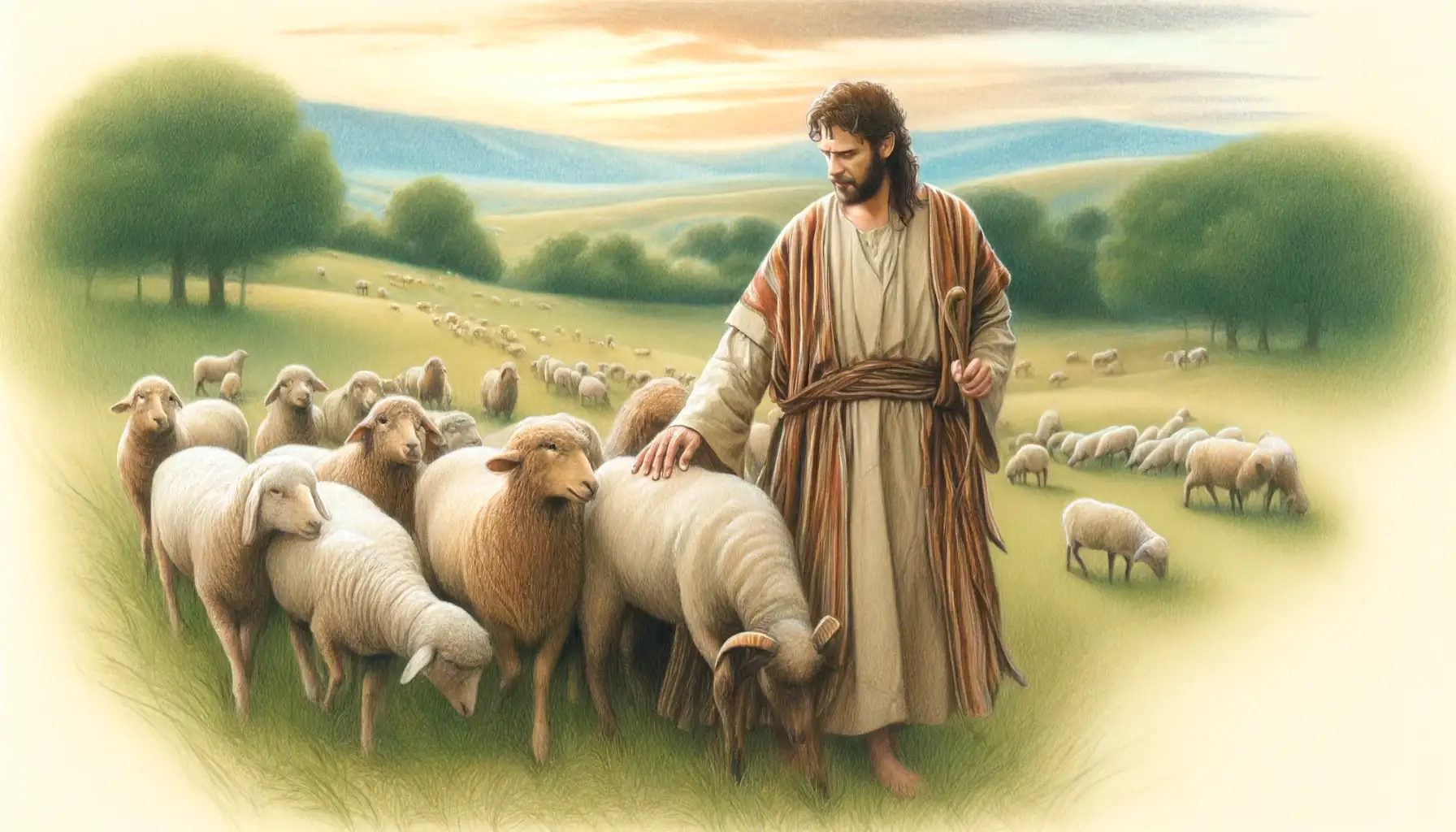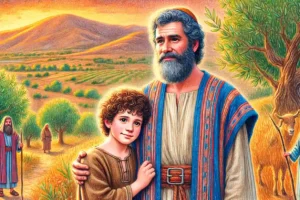
Abel: Second Son of Adam and Eve
Contextual Background
Abel, as recorded in Genesis 4, is the second son of Adam and Eve, and his life story is crucial for its theological and moral implications. His narrative involves the first acts of worship, the first instance of human death, and the first murder, all of which set profound precedents in the biblical text.
Theological Insights
- Worship and Acceptance
- Abel’s act of offering parts of the firstborn of his flock to God represents the biblical ideal of sacrifice, which involves giving the best of what one has to God. His offering was accepted because it was given in faith and true devotion, as inferred from the text and further expounded in the New Testament (Hebrews 11:4). This sets a standard for genuine worship, emphasizing quality and heart condition over mere ritual.
- Cain and Abel’s Offerings
- The differing outcomes of the brothers’ offerings highlight themes of divine preference and human response. While Abel’s offering is accepted, Cain’s is not, which the New Testament suggests was due to Cain’s lack of faith (1 John 3:12). This distinction points to the importance of intention and faithfulness in worship practices.
- First Murder and Its Motivations
- Cain’s murder of Abel, driven by jealousy and anger, introduces the devastating impact of sin escalated by personal envy. This act not only represents the severity of human wickedness but also sets a narrative of violence and the consequences of unchecked negative emotions.
- Divine Justice and Protection
- God’s response to Abel’s murder involves both justice and mercy. While God punishes Cain with wandering and isolation, He also places a mark on Cain to protect him from vengeance. This dual response underscores a complex divine justice system that balances punishment with protection, highlighting God’s sovereignty and the sanctity of life.
- Abel’s Legacy
- Despite his brief mention in the Bible, Abel’s righteous legacy is emphasized in later texts, particularly in Hebrews, where he is celebrated as a man of faith whose blood speaks even after his death. This concept of Abel’s blood is also echoed in Jesus’ words in Matthew 23:35, linking Abel’s righteous blood to that of other martyrs.
Cultural and Historical Impact
- Symbolic Representation: Abel often symbolizes innocence and victimhood in theological and literary contexts, representing those who are unjustly persecuted or harmed.
- Artistic and Literary Influence: Abel’s story has inspired numerous works of art and literature, reflecting themes of sibling rivalry, innocence lost, and the quest for justice.
- Moral and Ethical Discussions: The narrative of Cain and Abel prompts discussions about morality, justice, and the human condition. It raises questions about responsibility (“Am I my brother’s keeper?”), the nature of sin, and the complexities of divine judgment.
Conclusion
Abel’s narrative, though brief, is densely packed with themes of faith, morality, divine justice, and human frailty. It provides deep insights into the early human condition, the nature of worship and sacrifice, and the perpetual consequences of human actions. Abel’s story is not just historical; it serves as a theological and ethical touchstone throughout the biblical canon and in the broader discourse on human nature and divine governance.



